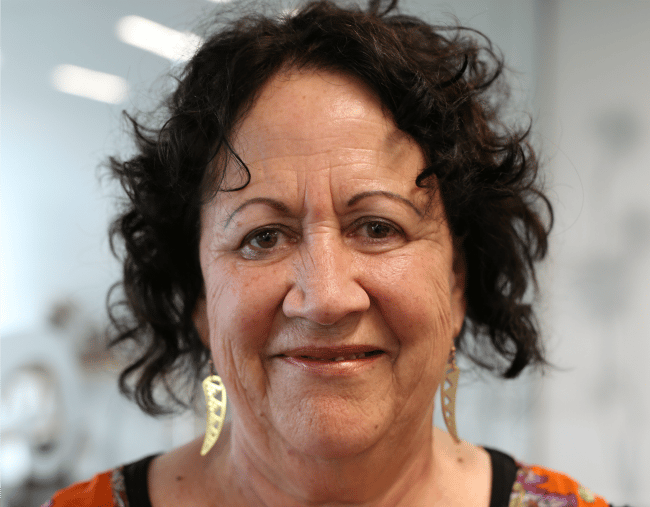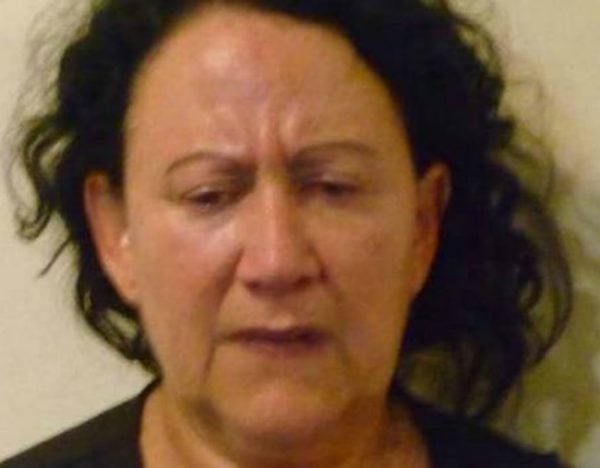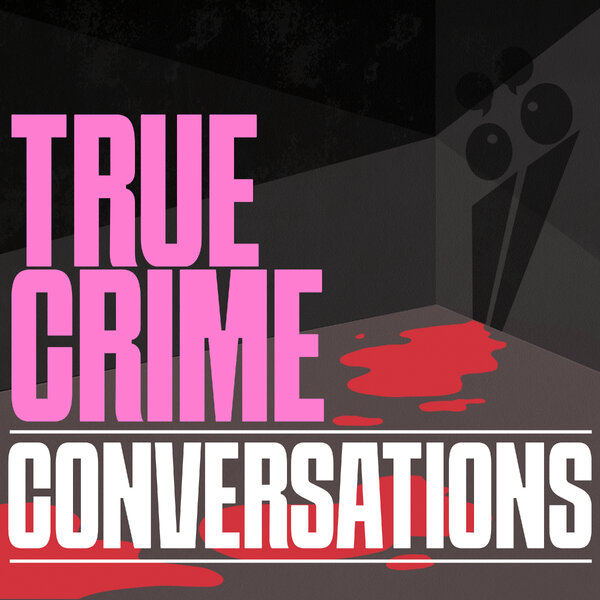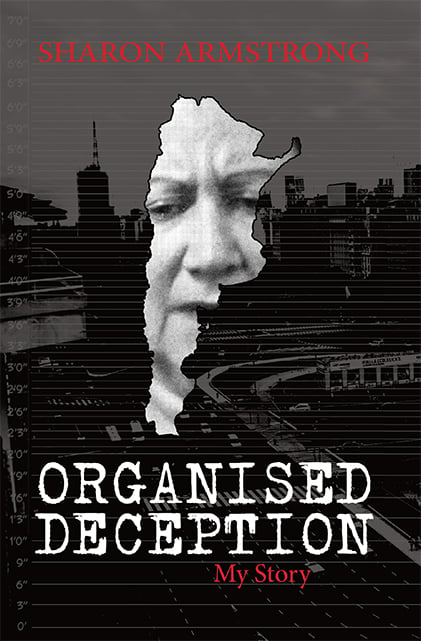
Sharon Armstrong had never experienced a relationship so intensely. She’d met Frank on a dating site. He was charming, romantic, a successful civil engineer.
Over the course of five months, they exchanged daily texts and more than 7000 emails in which the New Zealand grandmother opened up like never before. They spoke of their future, what life could be when they were finally together in the same city.
Then came the email. “I’ve secured this very lucrative contract for a job,” he wrote. “Would you be keen to travel to South America to pick up the contract and bring it to me in London?”
The suitcase was delivered to her hotel in Beunos Aires – empty. The contract is in the lining, the female courier told her, for security reasons. She could have pulled up that lining, she could have looked. But something stopped her; love, perhaps. Trust.
On April 13, 2011, Sharon checked the suitcase onto her London-bound flight at Ezeiza International Airport. She never made it on board. Authorities hauled her aside, and sliced open the bag in front of her.
“My rose-coloured glasses were shattered the moment they lifted up the lining of that suitcase and I saw that white powder,” the 61-year-old told Mamamia. “I knew. I knew then.”































































































